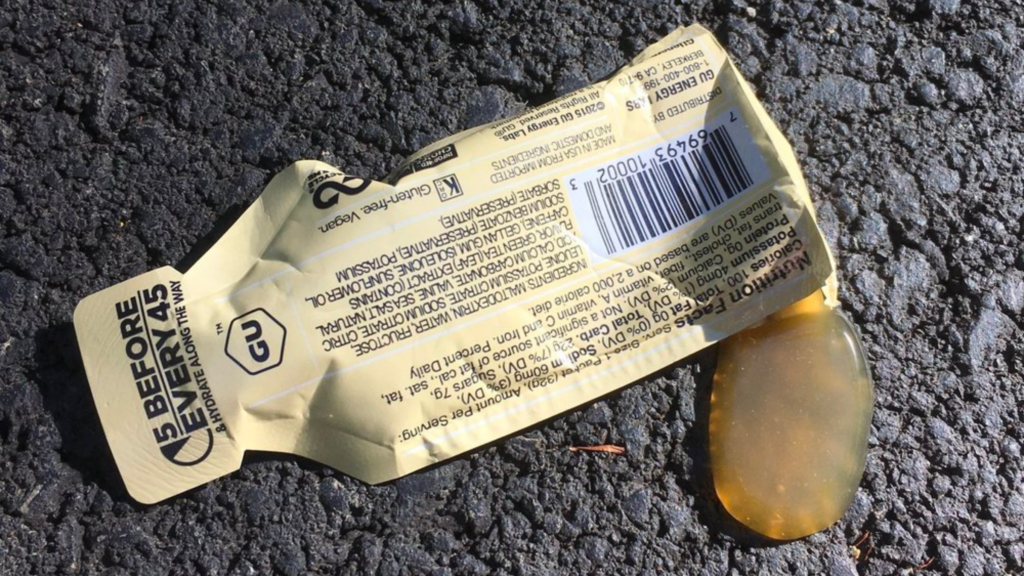Understanding the Role of Energy Gels in Endurance Running
Many runners swear by energy gels for long-distance training and races. These convenient packets promise to supply the body with an easy source of energy during strenuous activities, making them a favorite among avid marathoners. However, some runners are reevaluating their reliance on these supplements and exploring whole food alternatives.
The Allure of Energy Gels
The enthusiasm surrounding energy gels can be hard to resist. They come in an array of flavors, from salted caramel to birthday cake, and can easily be packed in running gear. A runner may first discover the joy of gels during their initial marathon training, where consuming a gel can serve as a reward for their diligent efforts. The convenience, however, does come at a cost—both financial and physiological.
Cost and Dependency
Regular use of energy gels can quickly add up, costing around $1.60 each. For an enthusiastic runner consuming several per week, this can lead to substantial annual expenses. Furthermore, reliance on energy gels can foster a psychological dependency, where the absence of these products leads to hesitance in participating in training runs.
Exploring Whole Food Alternatives
To combat financial strain and dependency, some runners are turning to whole foods as substitutes for energy gels. This shift aims to inform runners that nutritious alternatives can sustain their performance without relying solely on commercially produced gels. Research highlights the importance of sodium, carbohydrates, and sugars for sustaining energy levels during long runs.
Selecting the Right Nutritional Alternatives
Nutritionist Sarah Cuff emphasizes that a balanced approach to fueling during long runs requires careful consideration of sodium, carbohydrates, and sugars. Sodium is particularly crucial, as it is the electrolyte lost most abundantly through sweat. Runners should focus on supplementation strategies to meet their sodium needs while replenishing lost carbohydrates with whole food options that are easy to digest.
Successful Whole Food Replacements
After experimenting with various whole food snacks during long runs, runners have reported several successful replacements for energy gels. Some effective options include:
- White Bread with Honey: Provides a compact source of sugar and carbohydrates.
- Sweet Potatoes: Packed with nutrients, they offer natural sugars and carbohydrates.
- Bananas: A classic pre-run snack, bananas deliver easy digestible carbohydrates.
Weighing Gel Use Against Nutritious Alternatives
The experience suggests that while energy gels can be efficient tools for quick energy replenishment, whole foods can serve as equally effective alternatives. Ultimately, it’s not necessary for runners to rely solely on gels to be efficient in their performance. Balancing the use of gels with whole food options allows for a more holistic approach to fueling.
Conclusion: A Balanced Approach to Fueling
In conclusion, while energy gels play a significant role in enhancing performance for many runners, the evaluation of their effectiveness compared to whole food alternatives offers a broader perspective on fueling strategies. By understanding the nutritional needs of their bodies, runners can mix and match gels with whole foods; thereby optimizing their energy levels without being overly dependent on commercial products. Explore more about fueling strategies.
